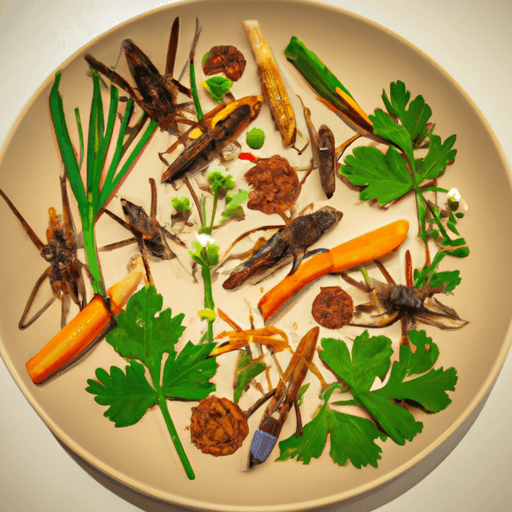Insects: The Future of Sustainable Gastronomy
Amid the rapidly evolving field of sustainable gastronomy, insects are earning a reputation as an integral ingredient. From beetles to crickets, food enthusiasts and chefs worldwide are progressively embracing these tiny critters in their localized and exotic cuisines.
Why the Shift Towards Insects?
The conventional Western gastronomic culture views insects as pests, yet other regions worldwide consider them as valuable food sources. This disparity comes from various cultural, economic, and environmental factors. The rising awareness of sustainability and food security, along with global warming, has renewed interest in edible insects.
Benefits and Challenges
Insect consumption, or 'entomophagy’, has numerous benefits. Insects are highly nutritious, containing high levels of proteins, healthy fats, rich fibre, vitamins, and minerals. They emit considerably fewer greenhouse gases compared to conventional livestock. Moreover, they require less land and water and are highly efficient at converting feed into protein.
However, insects do come with their fair share of challenges. The primary concern being cultural acceptability and regulatory issues - where health and safety guidelines for insects as food and feed are still developing.
Impact on Food Industry and Environment
The integration of insects into our diets could significantly reduce the environmental impact of agriculture. Future leaps in farming methods may lead to increased scale insect farming, offering a solution to the rising demand for protein and contributing to food security.
Nutritional Value and Culinary Innovations
Insects pack a lot of nutrition. For instance, crickets provide five times more magnesium than beef. Cocooned silkworm pupae are packed with proteins, and mealworms are rich in copper, sodium, potassium, iron, zinc, selenium and B-vitamins.
There are quite a few innovative ways insects are being incorporated into cuisine around the world. Crickets are ground into flour and used to make protein bars, baked goods, and even pasta. Mealworms are added to burgers and used as an alternative for ground beef. In certain parts of Asia and Africa, silkworm pupae are boiled and seasoned, served as a high-protein snack.
So, are insects the future of food? As this adventurous new trend continues to grow, it appears that insects just might become a staple in sustainable gastronomy.



















Comments
Leave a Comment